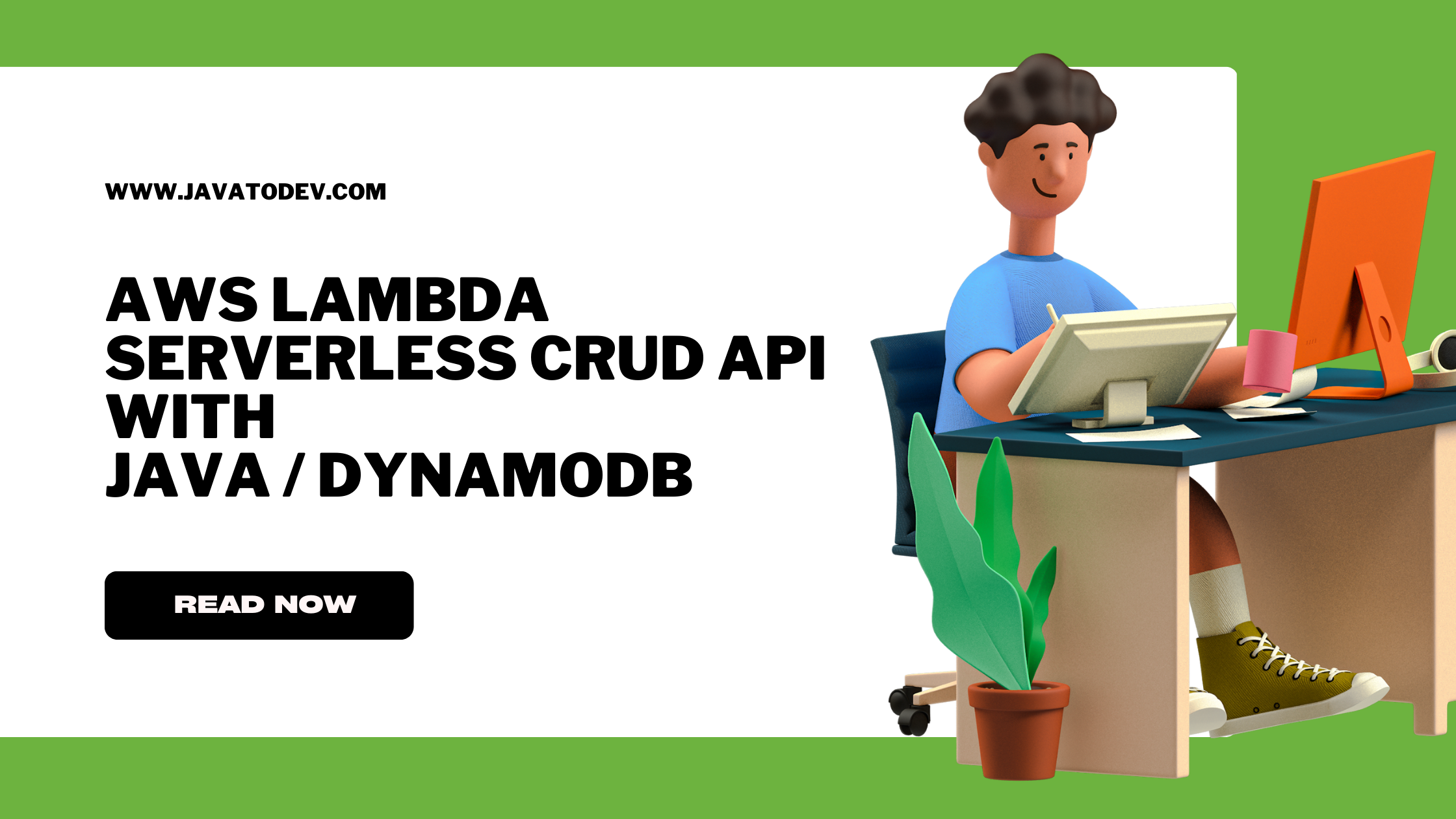How to Point Route 53 Domain To The Application Load Balancer
-
 Chinthaka Dinadasa
Chinthaka Dinadasa - 14 Jul, 2023

Amazon Route 53, a scalable and reliable Domain Name System (DNS) service, offers comprehensive domain management capabilities for businesses of all sizes.
We will discuss the essential features and benefits of Route 53’s domain management, including domain registration, DNS configuration, and the ability to handle high-traffic volumes.
In this article, we will explore the world of Route 53 and its role in custom domain management and how to point a custom domain to the application load balancer we created with Creating Service For The Deployment.
Domain And Hosted Zone
Here we have a domain that we already registered and AWS automatically defines a hosted zone for the registered domain address.

Route 53 hosted zone defined for a custom domain address
Creating a Subdomain and Pointing To The Load Balancer
Navigate to the hosted zones domain address that we have registered with route 53 and let’s start creating a new sub-domain.

Create hosted zone records in AWS route 53

Routing policy selection for route records

Define simple records
Then create the subdomain, and point it via an alias to the created application load balancer on the correct region.

Defining simple record for route 53 domain load balancer
Done now the API should be available under the subdomain that we have created and pointed to the application load balancer.

API Exposed with custom subdomain
Conclusion
We are done with setting up the custom domain address with route 53 to the application load balancer on the Amazon ECS cluster in this article series.
Now we can focus on the next step which focuses on setting up an SSL and opening the domain address through HTTPS in our next article.


